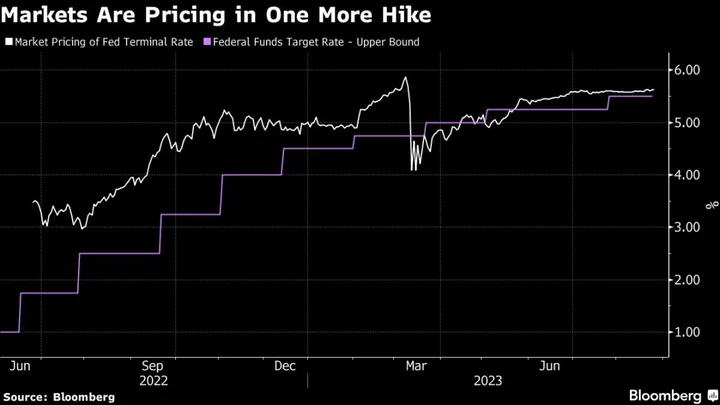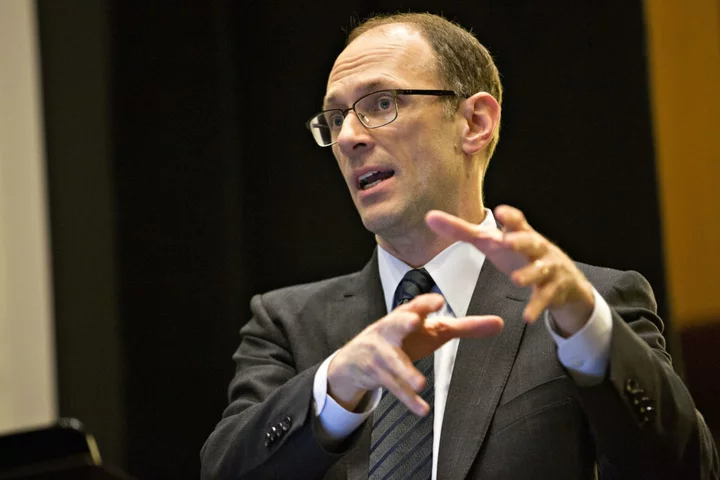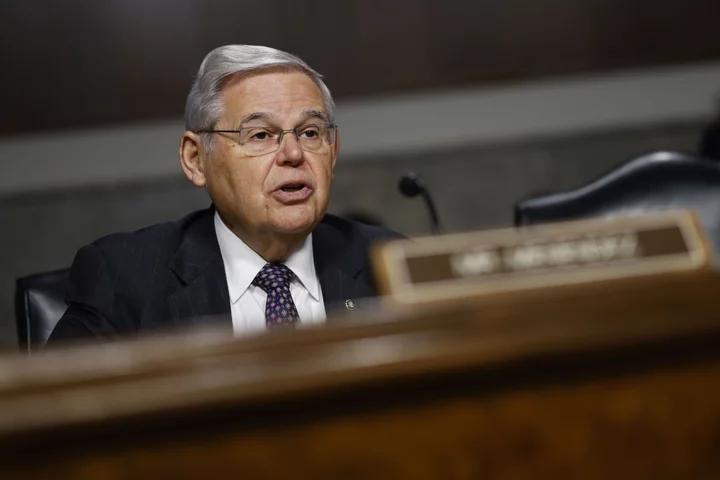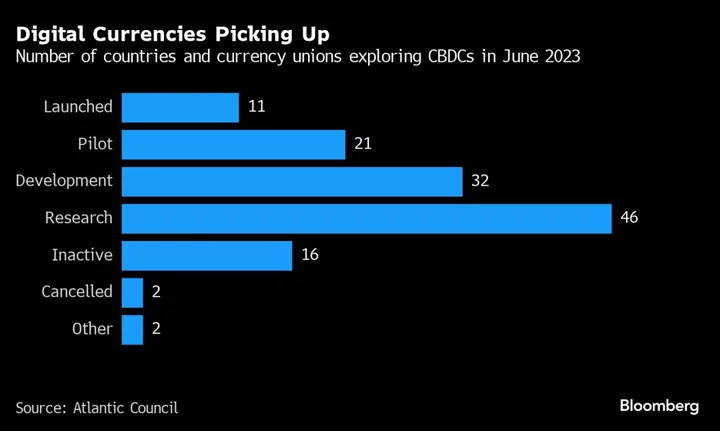Interest rates in emerging economies trailing their advanced peers, including the US, is boosting currency volatility and posing challenges to exchange rates and capital flows, according to Bank of Thailand Governor Sethaput Suthiwartnarueput.
“We are entering an uncharted territory,” Sethaput said in a monetary conference in Hong Kong on Tuesday. “We don’t have a good, long historical precedent where interest rates in Asia are significantly lower — and looks like they’re going to stay that way — compared to advanced economies. That presages challenges on the foreign exchange rate and capital flow front.”
The baht, known for being more volatile than its Southeast Asian neighbors, has seen the swings increase to a range of 8%-9% from about 3%-4% before the pandemic, the governor said. While that remains “relatively manageable” given the country’s robust reserves and external payments returning to a surplus, “it’s important not to be too sanguine,” he told a panel on inflation, financial stability and employment.
The higher-for-longer stance adopted by central banks in advanced economies to fight inflation has seen their interest rates surpass that of emerging markets. That carries implications for global financial conditions and possibly impede capital flows to emerging market economies, as funds chase yields.
At the same forum, Sethaput said elevated levels of Thai household debt is “the area that worries us most” as he flagged the declining levels of spending by foreign visitors in the tourism-reliant economy.
While Thai tourism has rebounded and exports have started to recover, enabling the baht to become among the best performers in the region this month, foreign guests are shelling out about 25% less now compared to pre-Covid, and staying for shorter periods.
“While we see a good, reasonable pick up in tourism in Thailand, with the exception of Chinese tourists not coming back: one thing that’s noticeable is, spending is down,” he said. Still, household consumption growth above 7% is helping buoy the economy, Sethaput said while acknowledging that the third- quarter economic output of 1.5% was disappointing.
The BOT will hold its interest-rate meeting on Wednesday, with all 22 economists expecting the policy rate to be kept steady at 2.5% after 200 basis points of cumulative monetary tightening since August 2022.
Sethaput declined to comment on the BOT’s monetary policy at the conference organized by the Hong Kong Monetary Authority and the Bank for International Settlements. He, however, noted that Thai consumer prices slipping into deflation in October was “a bit misleading” because of energy subsidies. Without government assistance, prices would have trended higher at 0.9% instead of the negative 0.31% print.
As for the country’s household debt, which has eased to about 90% of gross domestic product from a peak of 95%, the governor said tackling the issue is very challenging from a “political-economy standpoint.”
“We have to do unpopular things,” he said on debt. “The thing we would like to do is higher rates, macroprudential stuff, which are not that much popular.”
--With assistance from Pathom Sangwongwanich and Claire Jiao.
(Corrects second deckhead and sixth paragraph of story published Nov. 28 after the central bank clarified that foreign tourists spend 25% less instead of 75% lower mentioned in the forum.)









